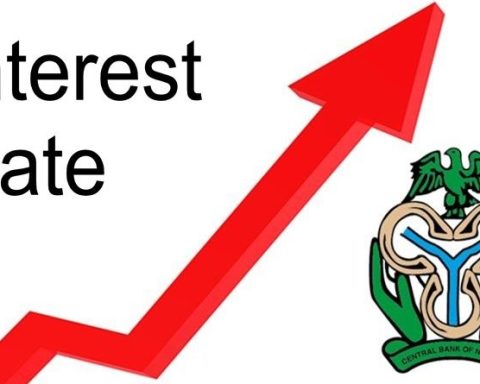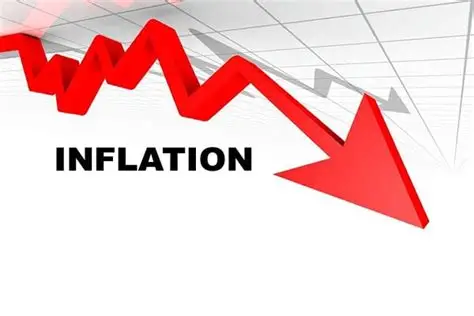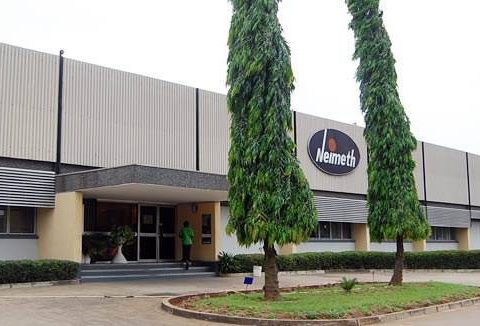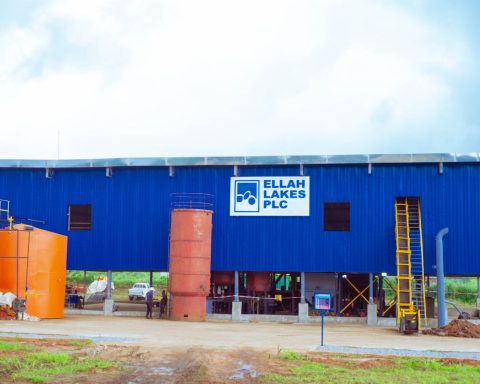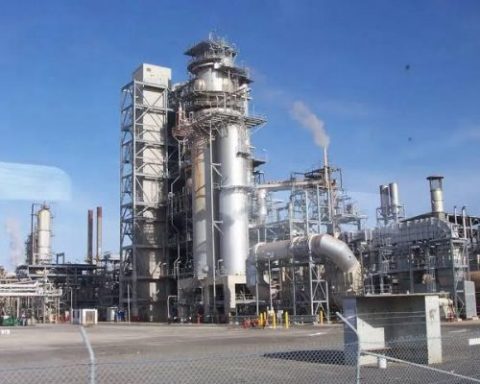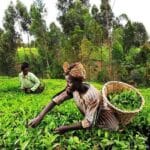The Centre for the Promotion of Private Enterprise (CPPE) has expressed concerns over the surge in inflation rate in Nigeria after dropping for two months despite policy measures to tame it.
In a statement, CPPE CEO, Dr Muda Yusuf, said the government is yet to address the real factors driving inflation in the country.
Join our WhatsApp ChannelDr Yusuf stated this while reacting to the latest spike in the inflation rate.
The latest National Bureau of Statistics (NBS) Consumer Price Index (CPI) report released Tuesday, 15th October, revealed that Nigeria’s headline inflation accelerated to 32.70% in September 2024 as against 32.15% in August 2024, reflecting an increase of 0.55%. Food inflation rate rose to 37.77% in September from 37.52% in the previous month.
According to the CPPE CEO, the dynamics driving inflation are yet to be effectively subdued. He said the factors include the depreciating exchange rate, high fuel price, soaring transportation costs, logistics and supply chain challenges, high energy costs, insecurity in farming communities, climate change including incidents of flooding, and structural bottlenecks to production. “These are largely supply-side issues,” he added.
READ ALSO: Nigeria’s Inflation Rises To 32.70% in September As Food Prices Continue To Soar
Yusuf also explained that there is another factor of “seasonality of agricultural outputs which activates seasonal price surge in some food crops.”
“Elevated inflationary pressures escalate production costs, weaken profitability, and dampens investors’ confidence,” he added.
Highlighting, the implication of the high inflationary pressure, the economic expert pointed out that it weakens the purchasing power of consumers, and also erode profits of manufacturers who are unable to transfer the cost increases.
On how to tackle the inflationary pressure, Yusuf emphasised the need for government intervention in tackling the challenges inhibiting production and security in the economy.
Need To Incentivise Production to Reduce Costs
The CPPE CEO said the real sector of the economy needs to be incentivized to reduce production costs. “The government needs to offer concessionary import duty on intermediate products for industrialists,” he added.
He expressed concern that the effects of high energy cost and exchange rate on inflation is quite significant, adding that it will be very difficult to address it if power supply, logistics, forex and security are not fixed.
“Regrettably, there are no quick fixes in these areas. But it is important to prioritize these issues and drive accelerated progress with the right strategies.”
He expressed hope that the proposed economic stabilisation measures in a bill currently before the national assembly would substantially address the concerns from the fiscal side.
He stressed that sub nationals (states) have critical roles to play in mitigating the challenge of food insecurity and food inflation, adding that “They are closer to the stakeholders in the agricultural and food value chain and better placed to impact agricultural productivity.
“The provision of rural roads by the states is also very critical to reduce transportation costs and ease access to markets.”



